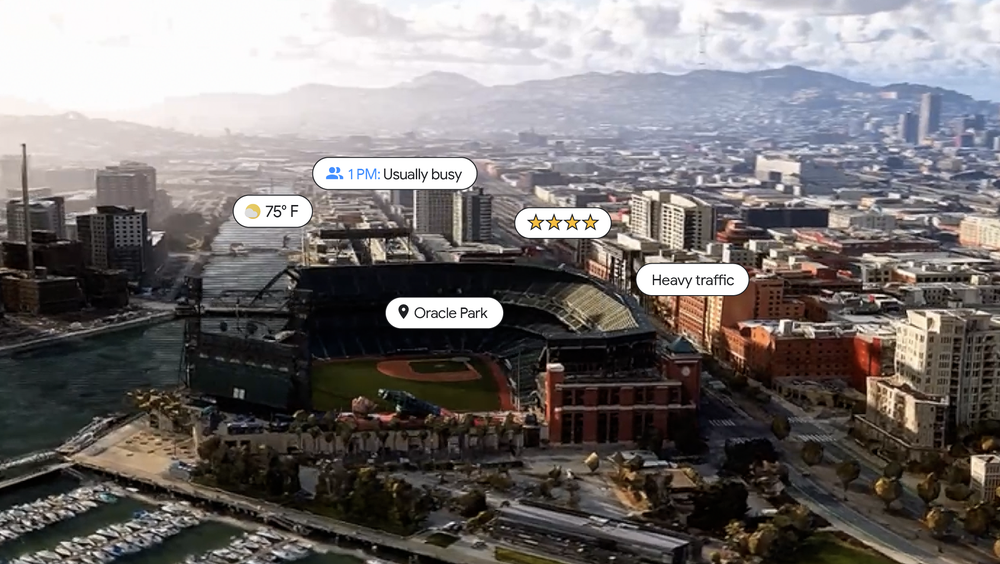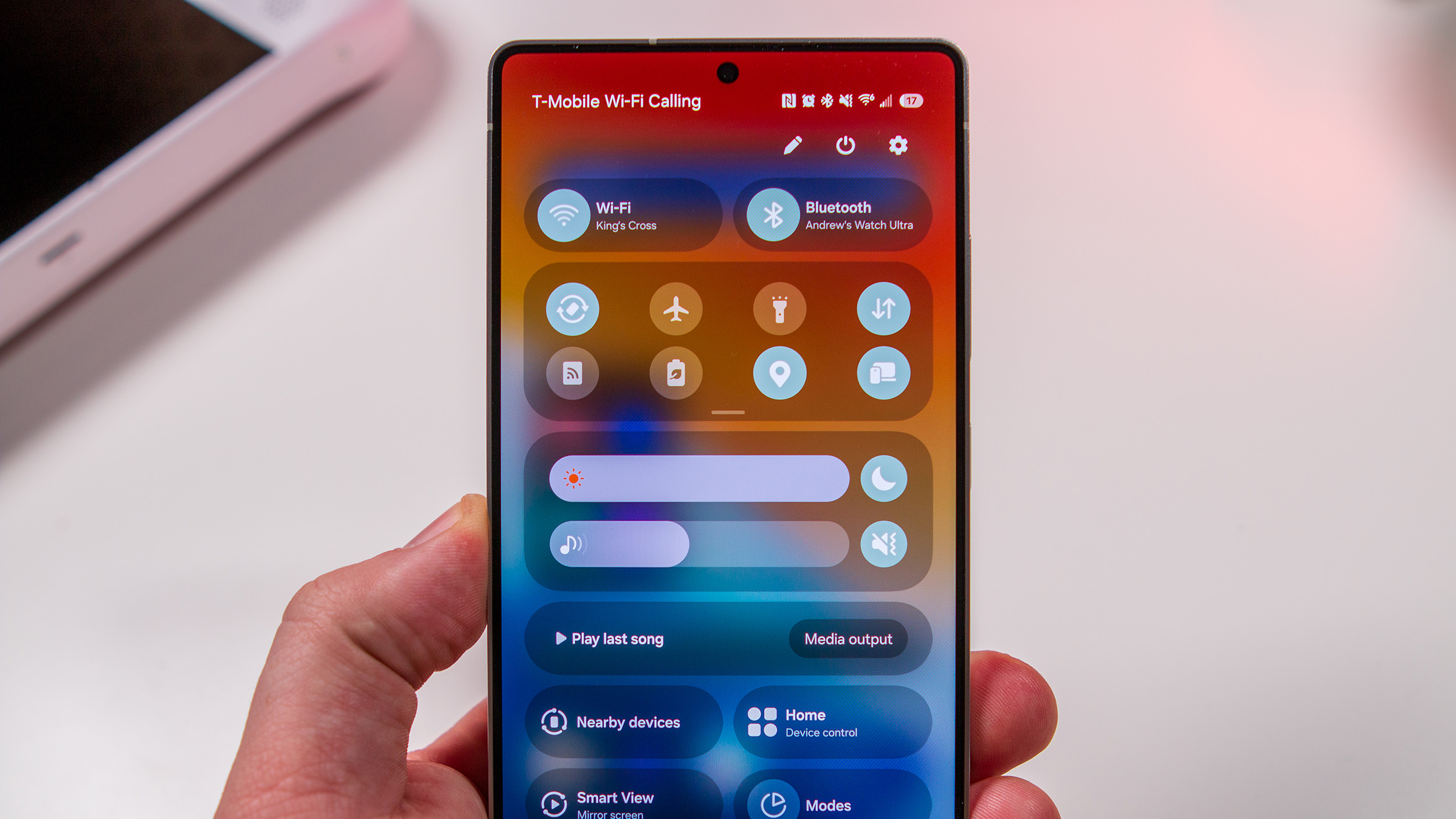Changes to Google Search are coming whether we want them or not
Change can be a good thing sometimes.

Google held its Search On 2022 event this week and some new features are being brought to a Google product everyone uses — Google's data-rich search engines.
Some of these changes look great, like searching pages using Google's Translate engine to see more relevant local results in your own language. Some, like seeing the "neighborhood vibe" in Google Maps look distracting. Others seem trivial but probably aren't if we knew how and why the changes were made.
One thing is certain — Google can't please everyone. For example, I think feeling the vibe of a neighborhood based on people who aren't me and probably don't share my interests is not a great feature. You might feel very different but think being able to use a photo search through Google Lens in new ways is a waste of your time. Google has to try and please us both.

Google loves to tinker with Search. By Search, I mean its data and knowledge of what you are interested in, what's trending, what's popular, what we love (and what we hate), and everything else that makes us head to Google whenever we're looking for something.
Usually, though, these changes are done behind the scenes. Small tweaks to search algorithms can make a dramatic difference in what we find when we search for something, whether it's a place to eat dinner or the number for a tow truck. Google takes this very seriously because it's a core business model. Without "search" Google wouldn't be where it is today.
Many of these new features aren't exactly new, either. Google has depended on crowd-sourced data for a while and every time you see those questions about parking or the restroom at a place you visited pop up on your phone Google is collecting data from you to try and deliver it to others who are looking for it. It's good to know if a convenience store on a lonely highway has a public restroom when it's all said and done.
What's different is how this knowledge is being presented. They're designed to make searching for something more natural and intuitive in the hopes that we will want to use Google products even more than we already do.
Be an expert in 5 minutes
Get the latest news from Android Central, your trusted companion in the world of Android

That's the tricky part. Some people are boring, and as one of those boring people, I want to be able to tell Google what I am looking for and have the information presented to me in a familiar way. Other people aren't as boring as I am and are tired of having to dig for information that Google could present upfront.
There are drawbacks to both. Love them or hate them, these changes may make results less accurate and more confusing than a list of links in the Maps app or in the search engine. There are also other competent tech companies who would love to be in Google's position when it comes to search and they are certainly trying new and more intuitive ways of getting there.
My real concern is how heavy-handed Google can be when it comes to dishing out its latest and greatest new thing. Ideally, there will be settings and preferences that allow us to tailor these new features to the way we want them to be presented. Sometimes, that's the Google way and there will be a gazillion user settings that we have to dig through to get what we like. We go through it every time we get a new phone.
Other times — like forcing YouTube accounts to use a "real" name — Google just does what it thinks is best and we are forced to deal with it. At least until the backlash is enough to change things for the better. Credit where credit is due: Google knows it is not infallible.

The times are a-changin' again. Google has seen TikTok grow when it comes to search. It's easy to write TikTok off as some sort of silly fad, but Google's smarter than that — TikTok is potentially a tougher competitor than Yahoo! ever was or Microsoft will ever be. Making changes to the way results are displayed so they are more in your face is a result of this sort of pressure.
Google may be willing to write off products like Pixelbooks or services like Stadia, but it can't afford to do that when it comes to the bread and butter of its business. Overall, change is always good for the consumer as long as the changes are fluid enough to evolve. Google's new way of showing us what we really wanted to know should get there, eventually.

Jerry is an amateur woodworker and struggling shade tree mechanic. There's nothing he can't take apart, but many things he can't reassemble. You'll find him writing and speaking his loud opinion on Android Central and occasionally on Threads.
